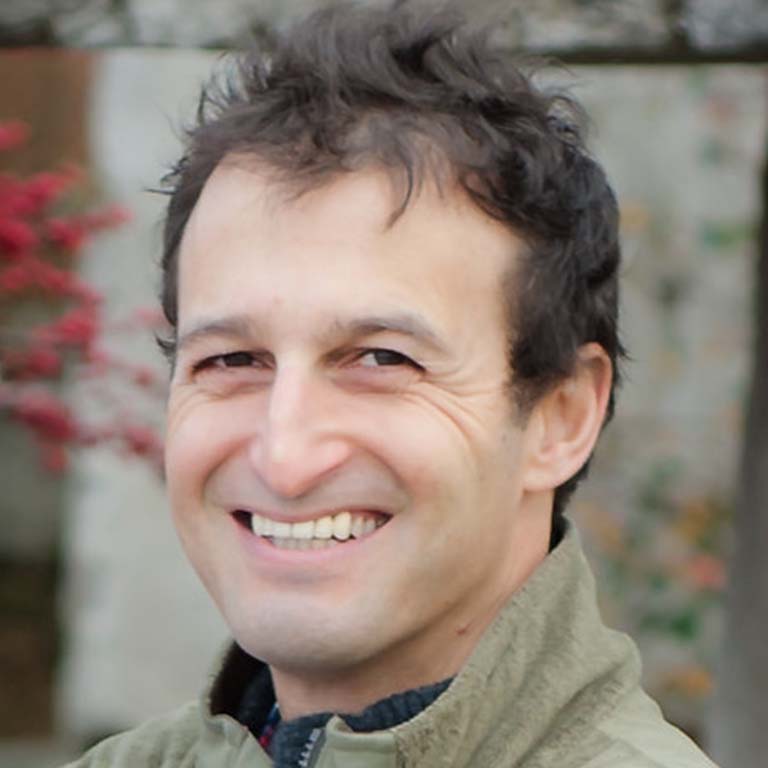A team from Indiana University, West Virginia University, Jet Propulsion Laboratory, the University of Virginia and the University of Warwick are looking into how tree species impact ecosystems – beneath the soil, as well as in the general forest.
Trees are universally perceived as forms of air quality goodness. However, among them, there are countless differences that impact the world around them. Scientists are now looking at how this minutiae works – especially because knowing what kind of tree is best for forest restoration could improve efforts to build them back.
Because of the large number of tree species on Earth, it is impractical to study each unique effects on carbon and nutrient cycling. Recently, there has been a push to classify trees into groups to help predict the consequences of tree species shifts.
“There’s been a shift in our thinking over the past decade about what controls soil carbon storage,” said Richard Phillips, professor of biology in the IU Department of Biology and co-author on both studies.
“We used to think that slow decaying leaf detritus was the main driver of soil carbon storage, but we now know that fast-decaying compounds released by roots may be what causes soil carbon to persist.”



